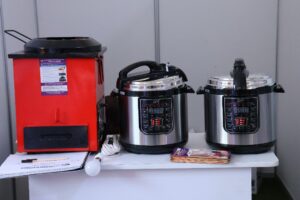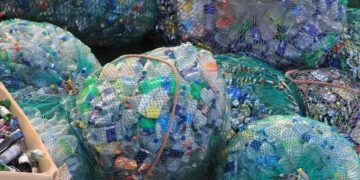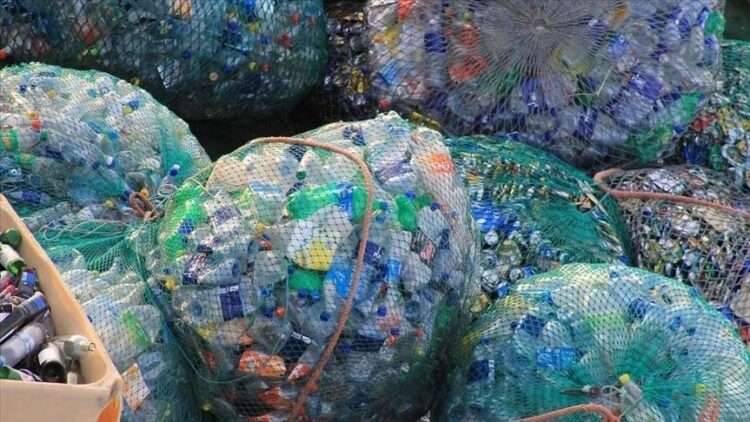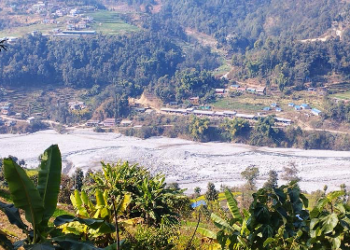OPINION
Plastic pollution in Uganda has reached alarming levels, threatening not just the environment but public health, livelihoods, and social equity. According to the National Environment Management Authority (NEMA), the country generates over 600 metric tonnes of plastic waste daily, totalling more than 219,000 metric tonnes annually. Shockingly, only about 6% of this waste is recycled, with the rest ending up in landfills, water bodies, open fields, and drainage systems.
This plastic epidemic is contaminating our soil, clogging drainage systems, fueling urban floods, and degrading ecosystems. It is killing fish in our lakes and rivers, releasing toxic chemicals into the atmosphere when burned, and suffocating life in both rural and urban areas.

Women, in particular carry the heaviest burden in many communities it is women who deal with blocked water sources take care of sick family members exposed to toxic fumes and suffer economic losses when soil infertility reduces agricultural yields. In informal waste collection jobs, women are often exposed to dangerous plastic materials without safety protections, making them vulnerable to diseases and injuries.
Plastic pollution is a climate issue that when burnt a common method of disposal plastics release greenhouse gases and harmful chemicals like dioxins and furans, contributing to global warming and respiratory illnesses.
In response to this growing crisis, the President recently made a strong call that was conveyed by the minister of state and cooperatives while at the celebration of world Environmental day in kabale of the need to revisit and embrace the wisdom of our ancestors, who used natural materials like papyrus reeds and banana leaves for sustainable, environmentally friendly packaging solutions as alternatives to plastics.
To effectively reduce the dependence on plastics, we must promote and invest in affordable, accessible, and sustainable packaging solutions, such as biodegradable bags that decompose easily without harming the environment, cloth and sisal bags can be made locally by women’s cooperatives and small business, creating jobs and reducing waste, recycled materials where plastic must still be used ,promoting high quality recycled plastics in a circular economy can reduce and limit virgin plastic production and for food storage, beverages, and cosmetics, glass and stainless steel offer reusable, safe alternatives that do not pollute the environment.

These alternatives are not just good for the planet they are good for the economy. They create green jobs, promote local innovation, and support small enterprises, especially women-led businesses producing sustainable goods.We call upon the government to take urgent and decisive action in addressing plastic pollution by investing in sustainable, locally made alternatives. This includes supporting the development and production of eco friendly materials and products that can replace single use plastics, particularly those that are biodegradable or made from natural resources available within the country.
We furthermore urge the government to provide financial incentives, grants and tax relief for green innovators, entrepreneurs and businesses that are actively working on innovative environmental solutions. Encouraging research and development in green technologies will not only tackle pollution but also green jobs and stimulate local economies.
In addition, we advocate for the strengthening and expansion of recycling infrastructure and programs across all communities. This should include public education campaigns on waste segregation, the establishment of efficient collection systems and support for informal waste workers who play a crucial role in recycling efforts.
By promoting local innovation, supporting green enterprise and improving recycling systems, the government can lead the way in building a cleaner, healthier and more sustainable future for all
The time to act is now.
By Ainembabazi Shallon,
The writer is a Programs officer at Women for Green Economy Movement (WOGEM) Uganda.
E-mail: shaciaine@gmail.com








































